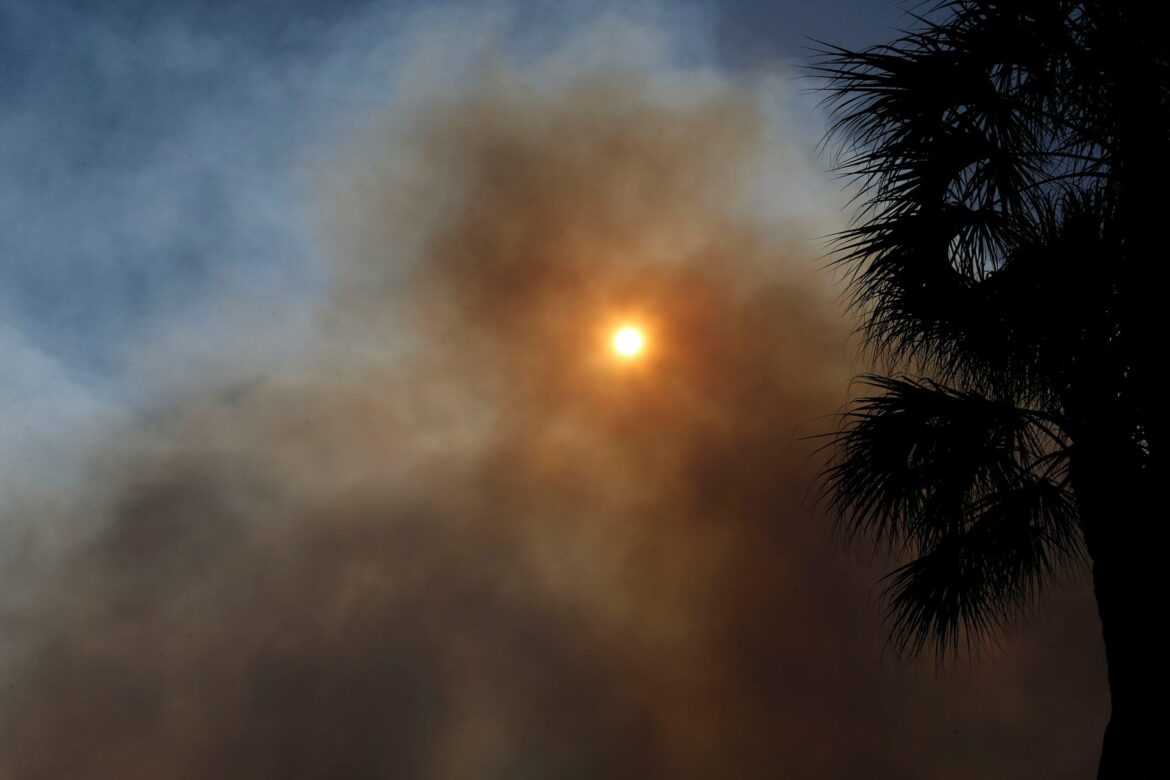The summer of 2024 has shattered records for heatwaves across the globe, with the United States bearing the brunt of these extreme weather conditions. In what experts have termed the “hottest summer on record,” the U.S. has seen unprecedented temperatures and catastrophic wildfires that have impacted millions of people. From California to Texas, these intense weather events are not only disrupting daily life but also raising urgent questions about the country’s preparedness for climate change.
In Death Valley, California, temperatures soared to an eye-popping 129°F (53.9°C) in mid-July, making it the hottest temperature ever recorded in the world during the summer months. Similarly, the Pacific Northwest, traditionally known for its temperate climate, has been hit by a brutal heatwave that saw temperatures rise above 110°F (43°C) for consecutive days. These extreme temperatures are not only a public health concern but also a threat to infrastructure, agriculture, and natural ecosystems.
Along with the heatwaves, wildfires have erupted in multiple states, including California, Arizona, and Oregon, where thousands of acres of land have been scorched. The Park Fire in Northern California alone has burned nearly 400,000 acres, making it one of the largest wildfires in U.S. history. The smoke from these fires has spread across the country, significantly impacting air quality in cities such as San Francisco, Denver, and New York.
The economic and health impacts of these climate events are already being felt. Wildfires have destroyed homes, businesses, and agricultural lands, leading to estimated losses of billions of dollars. Meanwhile, hospitals are dealing with heatstroke cases and respiratory illnesses as a result of poor air quality caused by smoke and dust. The economic burden of climate-related disasters has also intensified, with the Federal Emergency Management Agency (FEMA) deploying additional resources for disaster relief.
This series of extreme weather events serves as a stark reminder of the reality of climate change and the urgency of adapting to its effects. In response, the Biden administration has called for increased investment in clean energy technologies and a ramping up of disaster preparedness and response measures. However, the need for comprehensive climate policy at both the state and federal levels is clearer than ever.
Americans are also feeling the effects of rising energy costs as temperatures soar. With the demand for electricity reaching new heights, utility companies are struggling to meet the needs of consumers. Power outages have become more frequent in many areas, with over 5 million people affected by rolling blackouts in California alone.
The summer of 2024 has undoubtedly marked a turning point in how the U.S. views climate change. While the immediate effects of these heatwaves and wildfires are devastating, they also provide an opportunity to rethink how the country approaches environmental policy and climate resilience moving forward. As the U.S. faces a future with more frequent and severe weather events, the nation’s ability to adapt will be critical to safeguarding the health and well-being of its citizens.

